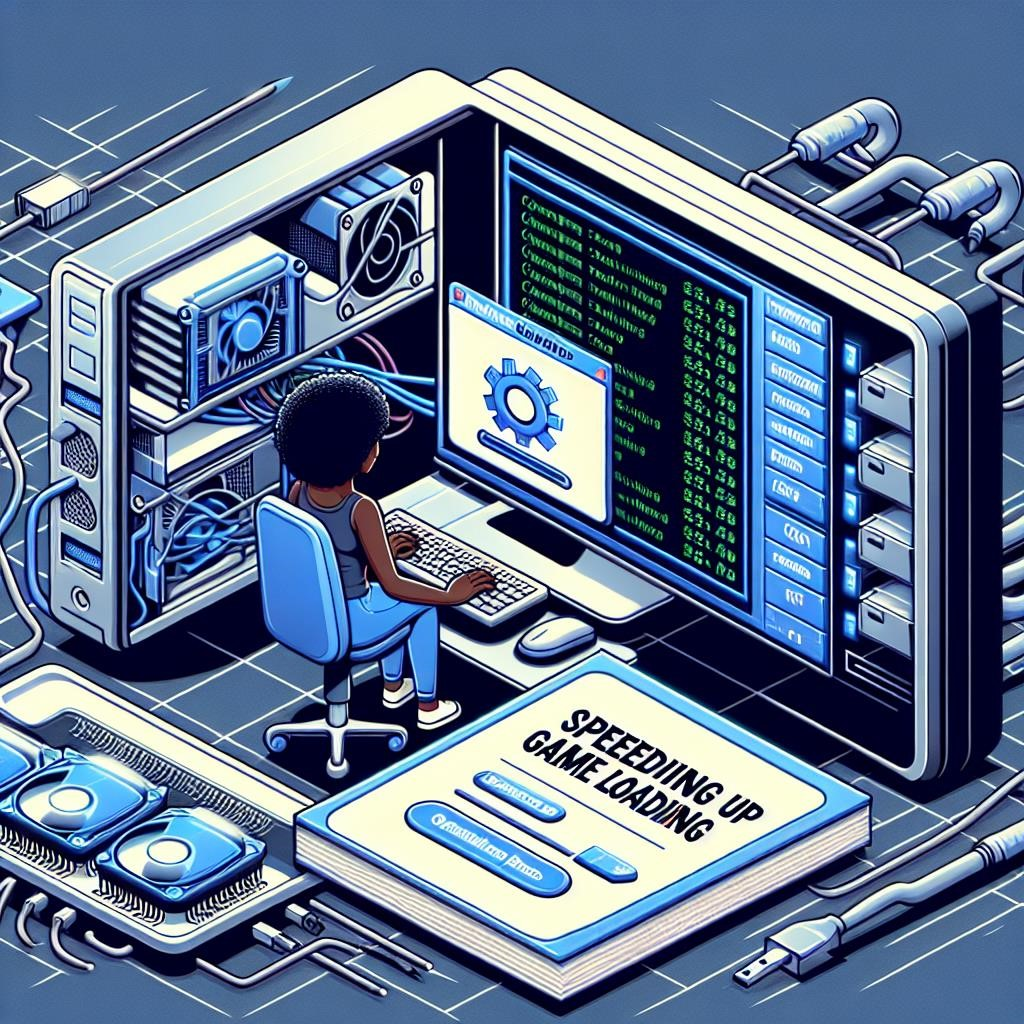How to Optimize Your PC for Maximum Gaming Performance?
Gaming on a PC can be an exhilarating experience, but to truly enjoy the latest titles at high settings, you need to ensure that your system is optimized. Poor performance can ruin your gaming experience, causing lag and stuttering during critical moments. In this guide, we will explore various methods to enhance your PC’s gaming performance.
1. Update Your Graphics Drivers
Your graphics card is the heart of your gaming experience. Keeping your graphics drivers up-to-date is crucial. Manufacturers like NVIDIA and AMD regularly release updates that improve performance in new games.
- Visit the official website of your graphics card manufacturer.
- Download and install the latest drivers.
- Restart your PC to apply the changes.
2. Adjust Power Settings
Windows typically sets your power plan to “Balanced” by default, which may not provide the best performance. Switch to “High Performance” to maximize your PC’s capabilities.
- Open the Control Panel.
- Navigate to Hardware and Sound -> Power Options.
- Select High Performance.
3. Enable Game Mode
Windows 10 and 11 come with a feature called Game Mode, which prioritizes gaming resources. To enable it:
- Press Windows + G to open the Game Bar.
- Click on the settings icon and toggle Game Mode on.
4. Optimize In-Game Settings
Many games allow you to adjust graphics settings for better performance. Consider lowering the following settings:
- Resolution
- Texture Quality
- Shadows
- Anti-Aliasing
Experiment with these settings to find a balance between visual quality and performance.
5. Disable Background Applications
Running unnecessary applications in the background can drain your system resources. Before starting a game, close any non-essential programs. You can also manage startup applications:
- Press Ctrl + Shift + Esc to open Task Manager.
- Go to the Startup tab.
- Disable any programs you do not need during gaming sessions.
6. Clean Your PC Hardware
Overheating can lead to thermal throttling, which negatively affects performance. Regularly clean your PC’s hardware:
- Dust off fans and vents.
- Ensure proper airflow in your case.
- Consider upgrading your cooling system if necessary.
7. Use Performance Monitoring Tools
Tools like MSI Afterburner allow you to monitor your system’s performance in real-time. You can adjust settings based on performance metrics, optimizing accordingly.
8. Defragment Your Hard Drive
If you’re using an HDD, defragmenting can improve load times. This process organizes data for quicker access:
- Open the Start Menu and search for Defragment and Optimize Drives.
- Select your HDD and click Optimize.
9. Keep Your System Updated
Regularly check for Windows updates as they can include performance enhancements and patches that improve gaming experience.
By following these steps, you can significantly enhance your PC’s gaming performance. From updating drivers to optimizing in-game settings, each adjustment contributes to a smoother, more enjoyable gaming experience. Remember, a well-optimized PC not only improves performance but also increases the longevity of your hardware.
